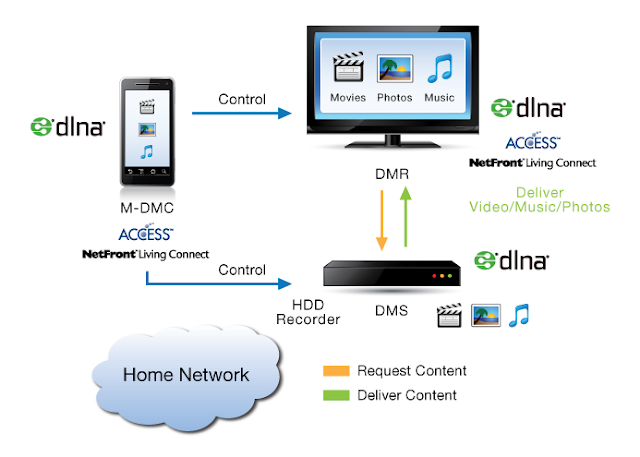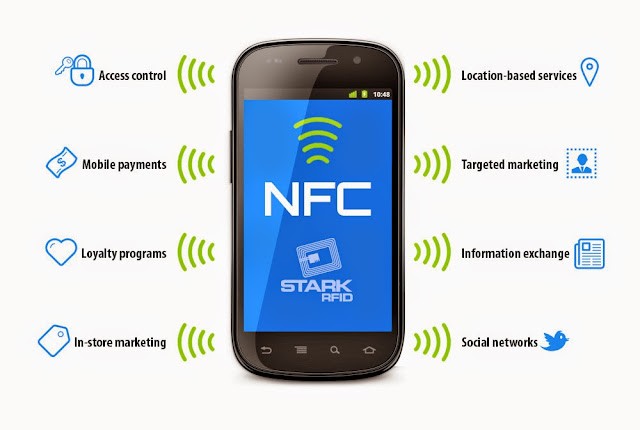Ransomware
It seems that this is the time to get back on security and
protections, where we left off earlier. So, sit back tight and buckle up. A new
malware just hitting desktop computers in more than 70 countries and spreading
itself quickly, got name ransomware as per it’s working. Let’s plunge into
malware bay.
What is ransomware?
Ransomware is a kind of malware, which encrypts your
important data e.g., images, PPTs, and documents, and sometimes encrypt your
entire hard disk or SSD, thereafter it locks down your PC, files and asks you to
visit a given site to pay ransom amount or buy bitcoins (a form of digital currency). It pops up a message on your computer
that, “if you don’t pay the ransom
amount your data would be encrypted, and you would not be able to regain access on your PC
or files until you pay ransom amount or buy bitcoins”. Most of the people pay ransom amount because
most of the time, data is more important than ransom amount. And especially in the case, when you
are totally unable to open documents or even your PC. This attack took place earlier in mobile phones, now hitting PC.
Although, it is not mandatory that your data would be
decrypted after paying a certain amount. But there is no way rather than
paying because they have encrypted your data with some strong encryption algorithms,
which is not a child’s play to decrypt even for professional ones. To learn more
about encryption please visit my previous post on encryption.
How to prevent ransomware in order to affect you?
You are the first-person shooter in all security and malware
scenarios, if you have a little knowledge about malware and security, it is somewhat
difficult to hack you. There are a few methods, I am going to describe to you, to
avoid ransomware attacks. I recommend you, go through my malware and protection section to learn deeply about malware and awareness.
So, if you want to save yourself from ransomware malware,
then do not click on pop-ups, asking you to upgrade a particular software like
adobe reader. Only update software from official sites or if your genuine software
asking you to update. When you update software from elsewhere, it leads to
install ransomware package on your PC and it will start encrypting your data.
You will not be able to distinguish between real and fake ones because it masquerades
like it is an official update. Just avoid software update if a website or a
link leads you to a different page, or pop up encourages you to do so.
Don't open attachments in emails, received from unknown people. Ignore spam mails, and scan your PC on a daily basis.
Don't open attachments in emails, received from unknown people. Ignore spam mails, and scan your PC on a daily basis.
Always use updated anti-malware software definitions or use
those ones, providing ransomware protection. You can use Windows Defender from
Microsoft, a built-in anti-malware software package, that is totally free as
well. It only gives protection from ransomware malware, when you have updated
your PC to the creator’s update.
Better to take the backup of your important data on a daily basis,
somewhere else, in a safe zone, in order to take backup for future, if your PC
has become a zombie.
Please share this post and be safe, keep
learning from computerflicks, because it is beyond computing.


Comments
Post a Comment